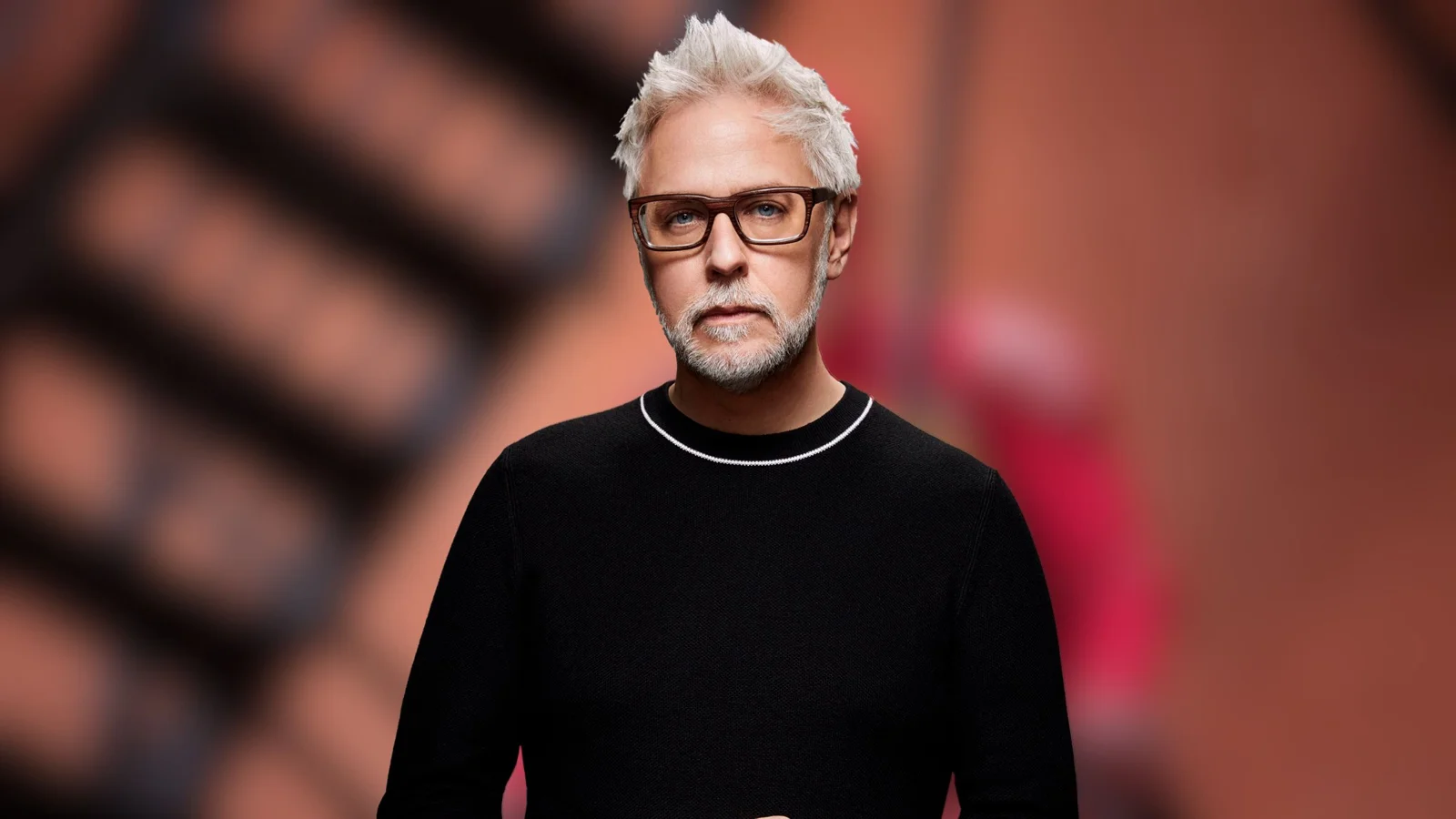James Gunn, writer-director of Peacemaker and co-CEO of DC Studios, addressed fan reactions during a season 2 finale watch party on Threads, defending the controversial conclusion titled Full Nelson. The episode aired recently and sparked mixed opinions among viewers due to its character-driven approach, which contrasted with expectations for major reveals and explosive moments. This James Gunn Peacemaker finale has generated significant discussion regarding its impact on the ongoing DC Universe (DCU) storyline.
Varied Fan Reactions to the Season 2 Ending
While many fans have praised the finale and the season overall, others expressed disappointment, citing the episode’s limited number of major surprises. The finale focused heavily on character development rather than traditional action set pieces, which left some viewers divided, even those who enjoyed earlier episodes. Still, the episode laid groundwork for future plotlines within the DCU, prompting debate about its narrative choices.
Gunn Responds to Criticism and Unmet Expectations
When asked about the backlash towards the finale, Gunn acknowledged the polarized response and affirmed his understanding without dismissing dissenting opinions. He stated,
“Not everyone can love everything. I love the episode, but I understand that not everyone does which is completely fair.”
This admission highlighted his acceptance of diverse viewpoints among the Peacemaker fanbase.
Gunn also addressed a popular fan theory suggesting that Langston Fleury, a former A.R.G.U.S. agent now with Checkmate, is actually Martian Manhunter in disguise. Gunn categorically denied this idea, stating,

“I don’t get that people don’t think there aren’t big reveals here, including Checkmate and Salvation.”
His comments reinforced the presence of significant plot developments while debunking specific fan speculations.
Clarification on Blue Beetle’s Role and Future Appearances
In a recent interview, James Gunn hinted at the potential return of Xolo Maridueña’s Blue Beetle within the DCU, which many believed referred to the Peacemaker season 2 finale. However, Gunn quickly clarified the misconception, saying,
“I never said Blue Beetle was going to be there,”
and added,
“I said people might be in luck who want to see Blue Beetle again.”
This distinction separates the finale’s content from broader DCU appearances.
Exploring Rick Flag Sr.’s Complex Motivations
The finale also spotlighted Rick Flag Sr. and his apparent antagonist role. Gunn explained that Flag’s motives stem from fear rather than hatred, particularly regarding metahumans’ influence on global politics and the challenges of controlling metahuman criminals. Gunn elaborated,
“Rick doesn’t hate metahumans. He’s afraid of the power some metahumans have dictating world politics (as started by Superman and the Justice Gang – especially Hawkgirl) and mostly afraid of how difficult it is to contain metahuman criminals. Happersen hates all metahumans and maybe Otis and Lex. But Flag just wants a way to protect Americans and goes about it in a callous fashion. Oh and obviously he hates Peacemaker for killing his son.”
This explanation adds nuance to Flag’s actions and highlights personal vendettas interwoven in the story.
A Deeper Look at Season 2’s Storyline
Peacemaker season 2 continues the story of Christopher ‘Chris’ Smith, a vigilante superhero navigating the complexities of his past and evolving purpose. Throughout the season, Smith remains committed to his flawed mission of achieving peace “at any cost,” while confronting the consequences of his violent methods. The narrative expands as Peacemaker discovers an alternate reality embodying an ideal life, forcing him to face traumatic memories and take control of his future.
This story arc dives into themes of redemption and self-discovery, blending intense emotional moments with Peacemaker’s characteristic action. The season explores his conflicts both external and internal, emphasizing his struggle between personal demons and heroic aspirations.
Impact and Future Implications for the DC Universe
James Gunn’s defense of the finale underscores the challenges of balancing fan expectations with creative direction, especially within an interconnected universe like the DCU. The episode’s character-focused approach and the introduction of groups like Checkmate and Salvation indicate a shift toward more complex storytelling that will likely influence upcoming series and films.
Gunn’s clarifications regarding character motivations and plot surprises aim to reassure the audience while preserving narrative intrigue. As Peacemaker moves forward, fans can expect continued expansion of the DCU with potential appearances from beloved characters like Blue Beetle, even if not immediately in this show’s timeline. The debate surrounding the finale highlights the emotional investment and passionate discussions that drive this evolving superhero franchise.
Gunn never promised Blue Beetle in Peacemaker, as I said. pic.twitter.com/fwP3huFHun
— James Prescott: Superhero & Punk Rocker (@JamesPrescott77) October 14, 2025
James Gunn on seeing certain criticism of the 'Peacemaker' S2 finale pic.twitter.com/ovNWPWl784
— Superman Saga News (@SuperSagaNews) October 14, 2025
James Gunn debunks fan theory that Langston Fleury is secretly Martian Manhunter pic.twitter.com/yXrD8Bzkhy
— Superman Saga News (@SuperSagaNews) October 14, 2025
James Gunn speaks on letting his wife kiss John Cena in the final episode of Peacemaker
The show is created, written, and executive produced by James Gunn pic.twitter.com/YfAtVlE3CF
— FearBuck (@FearedBuck) October 14, 2025
